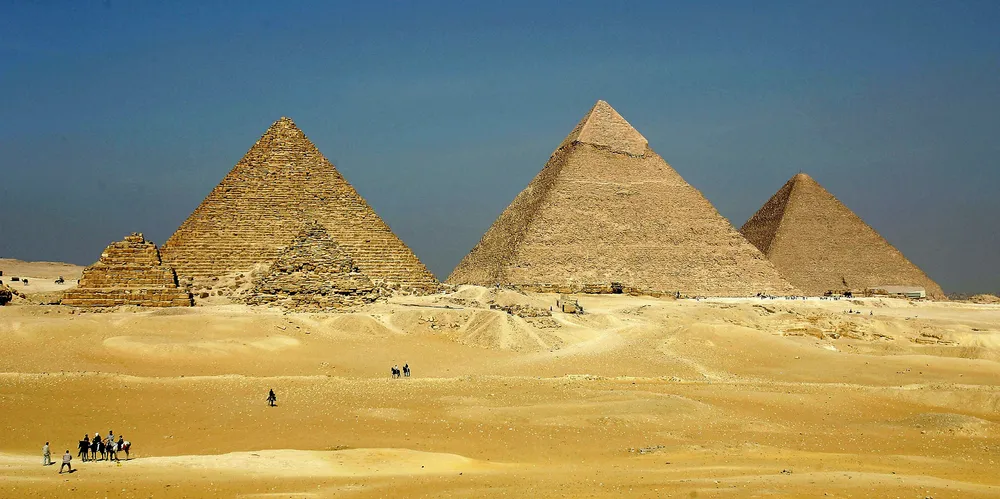'Renewable energy heaven' Egypt should be 2GW annual market
North African nation has world-class winds and sunshine, but not enough civil servants to process projects, says senior development bank executive

North African nation has world-class winds and sunshine, but not enough civil servants to process projects, says senior development bank executive
